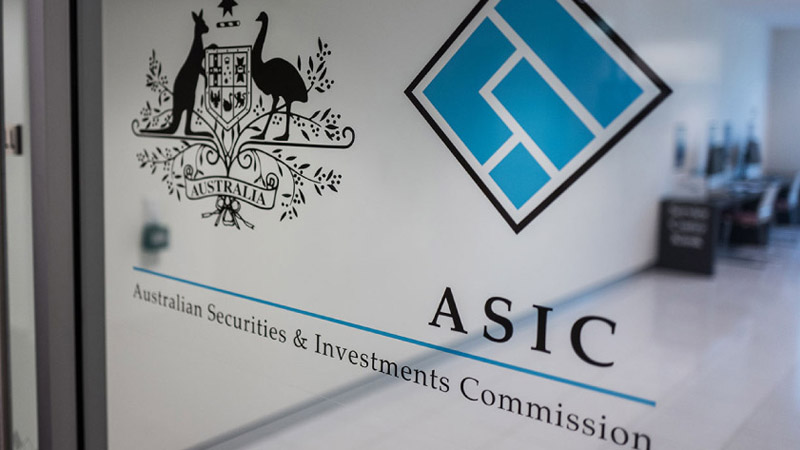ASIC warns retail investors against short-term trading
Retail investors should be wary of short-term trading strategies and trying to time the securities market as it greatly increases their exposure to risk, says the corporate regulator.
According to an ASIC analysis of markets during the COVID-19 pandemic, there has been a “substantial increase” in retail activity in the securities market.
The corporate watchdog noted that there has been a “concerning” increase in short-term and day-trading activity as retail investors look to time the market.
“The average retail investor was not proficient at predicting short-term market movements over the focus period [24 February to 3 April],” the ASIC report said.
“For more than two-thirds of the days on which retail investors were net buyers, their share prices declined over the next day.
“For more than half of the days on which retail investors were net sellers, their share prices increased over the next day.
“If all retail investors held their positions for only one day, total losses would have amounted to over $230 million.
“While markets generally recover over the long run and tend to grow with economic fundamentals, short-term trading and poor market timing can be a major risk for investors in volatile markets.
“Therefore, retail investors should be wary of trying to ‘play the market’ for short-term price movements by day trading.”
ASIC said that, because even market professionals find it hard to time the market in periods of volatility, there is a serious risk of significant losses for retail investors.
“For retail investors to attempt the same is particularly dangerous, and likely to lead to heavy losses — losses that could not happen at a worse time for many families,” ASIC said.
“Retail investors chasing quick profits by playing the market over the short term have traditionally performed poorly — in good times and bad — even in relatively stable, less volatile market conditions.”
Increase in new investors
The report also noted a sharp increase in the number of new retail investors entering the securities market, coupled with the reactivation of many dormant accounts compared to its benchmark period between 22 August 2019 and 21 February 2020.
“An average of 4,675 new [unique client] identifiers appeared per day in the focus period. This made up a total of 140,241 identifiers we had previously not observed,” the ASIC report said.
“The rate of creation of new accounts (as indicated by their identifiers) is roughly 3.4 times higher during the focus period (compared to the benchmark period).
“A total of 142,022 ‘dormant’ retail broker client identifiers did not trade during the benchmark period, but recommenced trading during the focus period.”
Offshore markets magnify danger
ASIC said the higher probability and impact of unpredictable news and events in offshore markets overnight only magnified the danger for retail investors.
“ASIC is therefore particularly concerned by the significant increase in retail investors’ trading in complex, often high-risk investment products. These include highly geared exchange traded products, but also contracts for difference (CFDs),” it said.
“Trading activity in CFDs has increased significantly during this period of heightened volatility. Leverage inherent in CFDs magnifies investment exposure and sensitivity to market volatility, so retail clients should be particularly cautious about investing in leveraged products at this time.
“In the week of 16–22 March 2020, for example, retail clients’ net losses from trading CFDs were $234 million for a sample of 12 CFD providers.”








